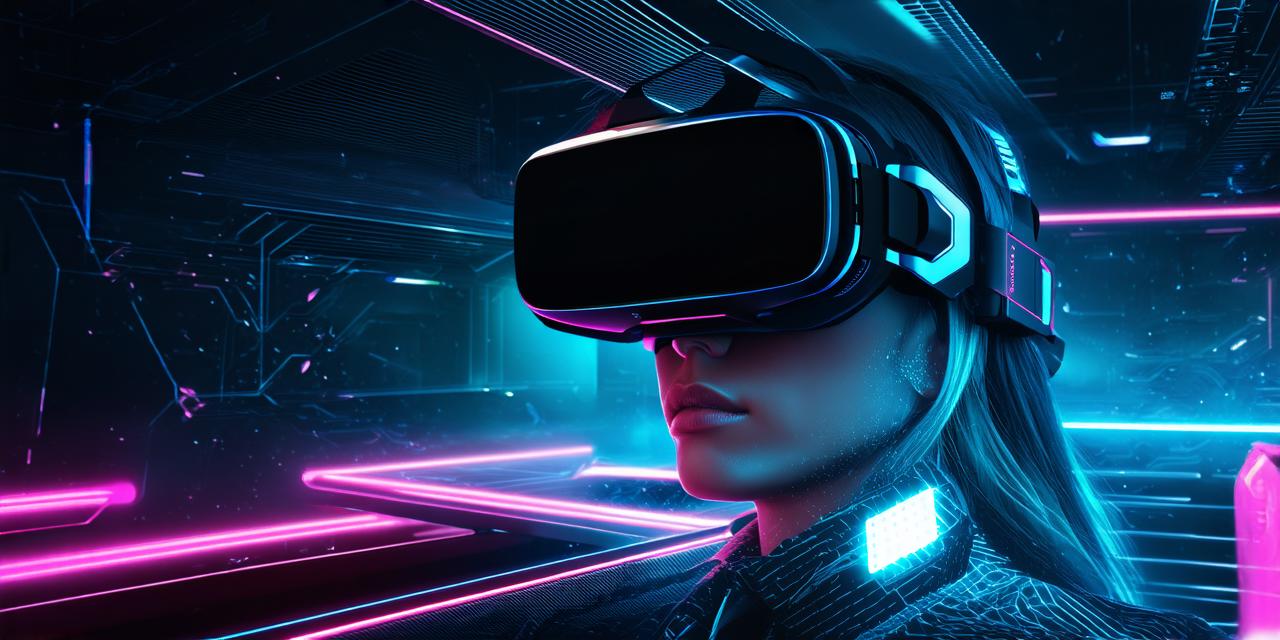Introduction
Virtual reality (VR) is an exciting technology that is gaining popularity in various industries. It allows users to experience immersive environments and interact with them in ways that were previously impossible.
In this article, we will explore some of the key advantages of VR, including its potential for improving healthcare, education, entertainment, real estate, and more.
Healthcare
Virtual reality has been shown to have a number of potential benefits in healthcare. For example, it can be used to create immersive simulations that allow doctors and nurses to practice surgical procedures or other medical interventions without risking patient safety.

These simulations can also help medical students to better understand complex anatomy and physiology concepts, improving their overall knowledge and skills.
In addition to training and education, VR can also be used for therapy and rehabilitation. For example, it can be used to simulate real-world environments that are difficult or impossible to access in person, such as a patient’s home environment after an injury or illness.
This can help patients to regain their independence and improve their quality of life.
Education
Virtual reality has the potential to revolutionize education by providing a more engaging and interactive way for students to learn. By creating immersive simulations that allow students to explore complex concepts in a realistic and interactive way, VR can help them to better understand and retain information.
For example, VR can be used to create virtual field trips that allow students to visit historical sites or explore scientific phenomena in a safe and controlled environment. This can help to make learning more engaging and enjoyable for students, improving their motivation and overall academic performance.
Entertainment
Virtual reality has already had a significant impact on the entertainment industry, with games and other interactive experiences becoming increasingly popular. However, VR can also be used in other areas of entertainment, such as film and television.
For example, VR can be used to create immersive cinematic experiences that allow viewers to feel like they are part of the action. This can help to transport audiences into new and exciting worlds, creating a sense of wonder and excitement that is difficult to achieve through traditional methods.
Real Estate
Virtual reality has also had a significant impact on the real estate industry. By allowing potential buyers and renters to virtually tour properties in a realistic and interactive way, VR can help to save time and money while reducing the need for physical visits.
In addition, VR can be used to create virtual staging, allowing property owners to see how different furniture and decor options would look in their space without having to make any changes. This can help to save time and money while also providing a more accurate representation of the property’s potential.
FAQs
Q: What are some common applications of virtual reality?
Virtual reality has a wide range of applications, including healthcare, education, entertainment, real estate, and many others. Some examples include surgical training, virtual field trips, immersive cinematic experiences, virtual property tours, and virtual staging.
